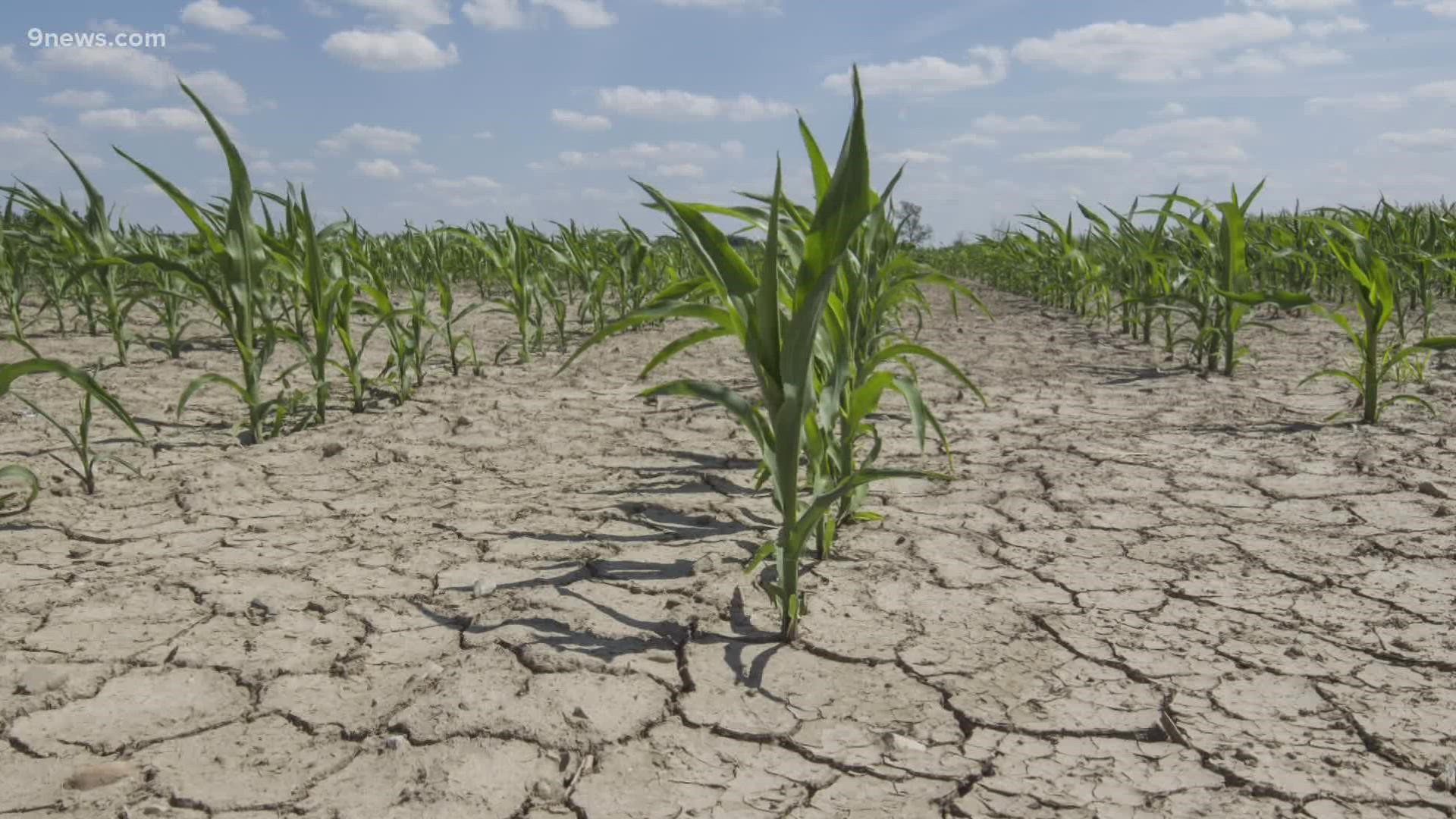CHAMPAIGN, Ill. — Drought can take its toll on crops in two ways: with a lack of precipitation and with increased transpiration, which steals away any moisture stored in the plants.
That's something that agricultural researcher Peng Fu knows all too well, growing up on a farm in China. Both of his parents were farmers.
“When I was a kid, my mom told me that when you run into some difficulties, don’t be afraid. Just get over it, and you will become stronger,” Fu said.
Now a research fellow at the University of Illinois, he used the age-old aphorism “what doesn’t kill you, makes you stronger” and applied it to his crop research.
In a new study, he found that crops that survive drought conditions in the early growing season end up stronger if there is also drought in the late season.
“So this drought actually gave the crops an opportunity to learn," he said. "There’s a drought and there’s a stress on us. We need to adapt ourselves.”
He calls it drought memory.
The study showed that if there is a late summer drought, corn and soybean crops that also experienced the difficulty of drought in the spring were able to mitigate losses up to 7% compared to crops that had not yet experienced drought.
He said it's not actual memories like humans have, but it’s memory on the molecular and cellular level.
“One analogy that makes it easy to understand is that it's like how our body actually defends against the virus after we get the vaccination,” Fu said.
In his analogy, the late summer drought is the virus, and the early season drought is the vaccination.
He said information gets stored in the plant cells that protects them from future drought.
The importance of this research is being amplified by current climate trends, which show that springs have been getting wetter, while summers and falls have been getting drier.
Fu said the next step is to identify the cells that store that drought memory and give that information to breeders so they can develop more drought-resistant crops.
SUGGESTED VIDEOS: Colorado Climate

